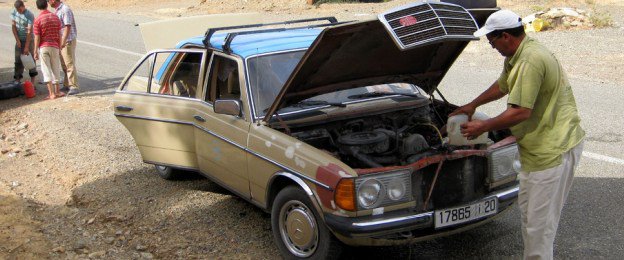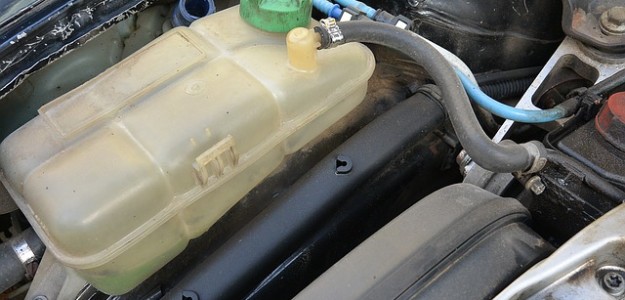Posted on 4/20/2017

Engine Cooling System If your car is overheating, it can be very serious. You shouldn't continue to drive if you see the temperature gauge has moved towards the "hot" side. Your car may not immediately explode or anything like that, but driving with an overheating engine can cause serious damage to your vehicle. It's better to pull over and deal with it right away instead of risking very expensive repairs later. There are a number of things that can cause your engine to overheat. Some of these are fairly common issues, especially on a hot summer day in the Phoenix, Tempe and Chandler areas. Improperly Circulating Coolant If the water/antifreeze mixture isn't circulating correctly, the engine will start to overheat. This mixture keeps your engine cool during the hot months and prev ... read more
Posted on 6/30/2016

Ever wondered how many explosions occur inside the engine of your car per minute? Well, A 4-cylinder engine car produces 4,000 controlled explosions per minute inside its engine; as it cruises along the highway at 50 mph the spark plugs ignite a fuel-air mixture in each of the cylinders in order to propel the car down the road. Huge amounts of heat will obviously be produced in the process, which if not controlled, can destroy the engine in minutes. The purpose of the cooling system is to regulate these temperatures. Modern cooling systems have not changed much compared to the traditional systems. Although they've definitely become more efficient and reliable, the cooling system basically consists of a liquid coolant circulating through the engine. This coolant is then taken to a radiator, which cools it using air streams entering from the front grill of the car. The cooling systems of today are designed to maintain a constant temperature ... read more